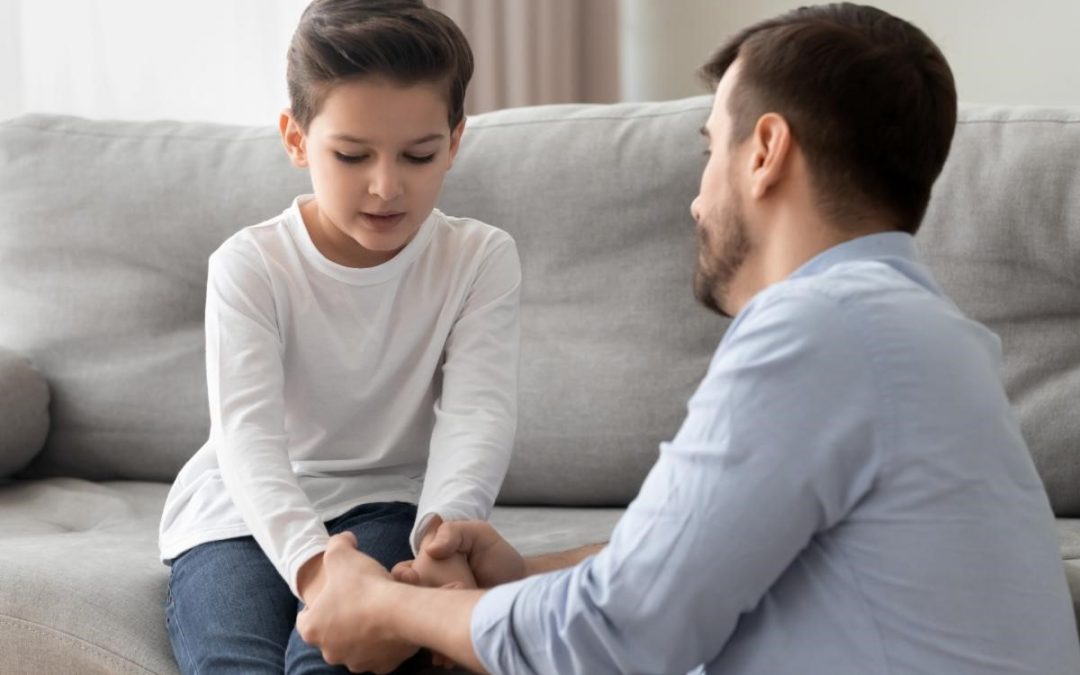I am sorry about the loss of your parent. I have lost both of mine and it is sad beyond measure.
Unfortunately, today we will not be speaking about your grief nor will we be dealing with the relationship that you personally had with them.
It is the grief your child is experiencing is why we are here, and perhaps shockingly, it is not the death itself that they are grieving. What they are grieving (as all of you are) is the physical and emotional end of a unique relationship.
Each child in the family has their own unique relationship to the grandparent and so there are no predictable grieving emotional responses “as a family.” Your 9 year-old’s response will be different from that of your 5 year-old or your 11 year-old. Your 9 year-old will not have the same memories and emotions that you have around the loss event, nor will they have the same memories and emotions as their siblings.
If the relationship was a close one with the grandparent there may be significant emotional energy around things like:
- Sleep overs
- baking cookies
- shopping / movies
- arguments / hurt feelings
Your child’s emotions are generated by the time and intensity spent with that grandparent through the special events and interactions that they shared (both good and bad) and your 9 year-old will have an emotional response to the loss in proportion to the intensity of the relationship.
However, if the relationship was not a close one due to distance (where they lived in different towns for example), and they had only seen each other once or twice a year; the emotional energy would look different and perhaps be around things like:
- Holidays spent there
- Presents in the mail
- Phone / Zoom calls
- Missed birthdays
However, because the time spent with the grandparent is limited and the intensity diminished somewhat, your child’s emotional response to their death will reflect that. Which does not mean it is a bad thing, but that it is an accurate grief response for that child.
So how do you talk with your children about grief?
#1. Is you don’t.
#2. Wait for them to talk to you.
Oh great you say… and I can hear you saying it. But wait… there’s more you can do.
What you can do as people who love your children is to prepare yourselves for when they do start talking. You can determine where they have focused their emotional energy around the relationship. You can learn how to be active listeners. You can learn what to say and what not to say so that they are better able to process their emotions. You can find out ways that children numb the pain of loss and yes, even the youngest attempt to numb their pain! You can help them figure out those things they wish they would have said to that grandparent before they died.
How can you learn to do all these things? You can contact the Prince George Hospice Palliative Care Society because we have a program for that. “Helping Children with Loss,” and it is a 5-week group that will provide you, the big people in the life of your littles, tools that will help your children process their grief.
Tips & Hints to help until then…
- Listen with your heart, not your head
- Allow your child to express all emotions – it is both normal and natural
- Remember each child is individual and so was their relationship to the loss event
Take heart, at the end of the day you know your children best and you’ve got this!
Fay Leman
Grief Support coordinator


Recent Comments